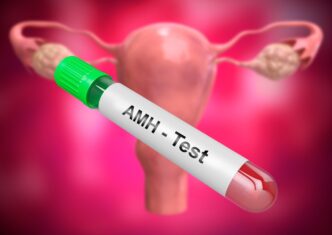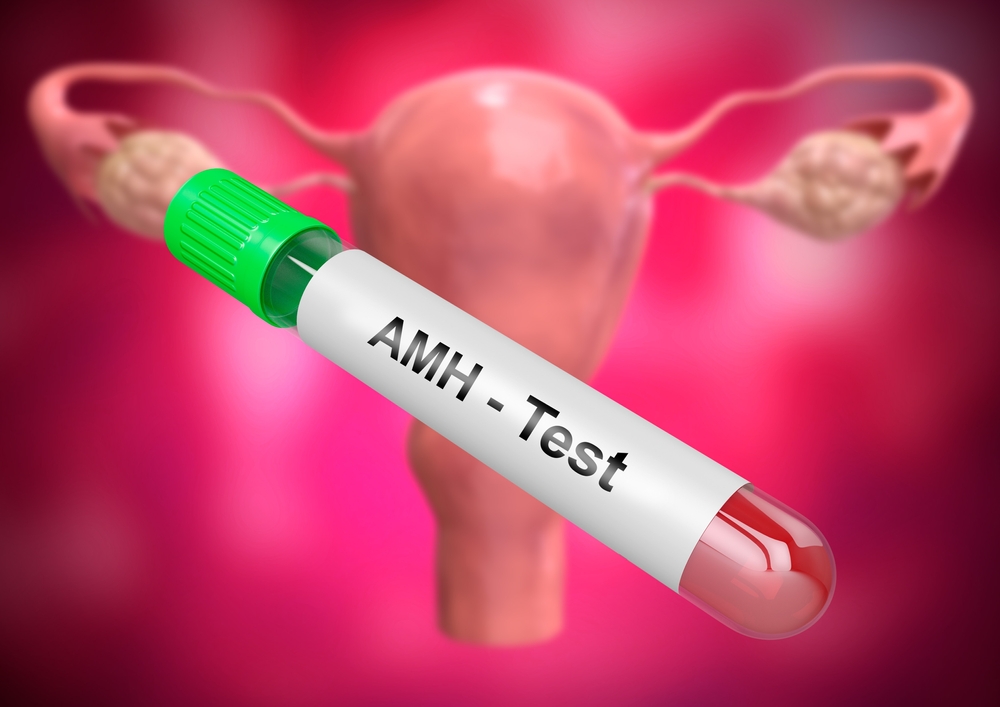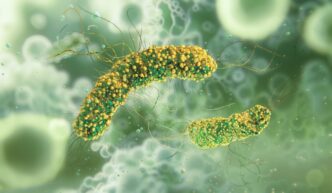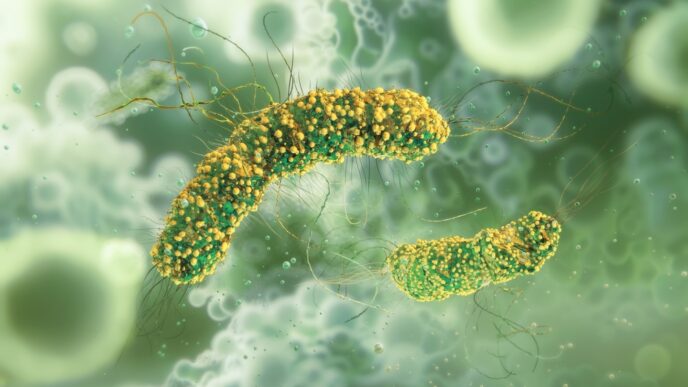WORDS PANK JIT SIN
| Dr Eeson Sinthamoney
President-Elect Obstetrical and Gynaecological Society of Malaysia (OGSM) |
The most accurate gauge of a woman’s fertility is the anti-Müllerian hormone (AMH) levels in the body and not her age, says fertility expert Dr Eeson Sinthamoney.
The AMH test is a simple blood test which determines a woman’s fertility as it is a marker for ovarian reserve—an important consideration for women who are planning their pregnancy or struggling with infertility.
For women planning to delay motherhood, the AMH test is also helpful as they can determine their fertility and gauge how many fertile years they have ahead of them and be well- informed in decisions involving parenthood.
AMH testing is also important in those seeking fertility treatment as it is a good gauge of a woman’s response to ovarian stimulation, which is the first step towards in vitro fertilization (IVF). “If AMH levels are within the normal range, the ovaries are more likely to react more positively to stimulating drugs and more eggs are likely to be retrieved, often resulting in a higher IVF success rate,” Dr Eeson explains.
“We used to have to send our samples overseas to test for AMH levels, hence the reason we didn’t use it very often,” he adds. He goes on to explain that nowadays, the AMH test is available locally and at a relatively cheaper cost.
AMH TESTING IN A TIME OF FALLING FERTILITY RATE
Dr Eeson said Malaysia’s national fertility rate has dropped to an all-time low, as reported by the 2017 Vital Statistics Report of the Department of Statistics (DOSM).
“It is widely believed by the professional community that the infertility rates have also increased. Women are born with around two million eggs and these continue to decrease throughout their lives,” says Dr Eeson.
The risk of egg abnormality also increases with age and above the age of 45, there is 100 percent certainty of egg abnormality.
Dr Eeson points out that it was common for women to have their first child at the age of 17 or 18 a few decades ago. Now, more women are delaying childbirth to focus on establishing their careers, thus more and more are starting families in their late 20s and well into their 30s.
“Over the past 5 years, I have seen more and more women in their early 30s come to me to find out about how they can plan ahead so that if they decide to delay parenthood, their chances are not diminished. Whatever the reason for the delay, they may still want to experience motherhood, and the AMH test helps them match their career and parenthood goals,” he elaborates.










